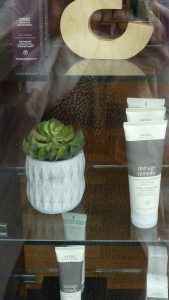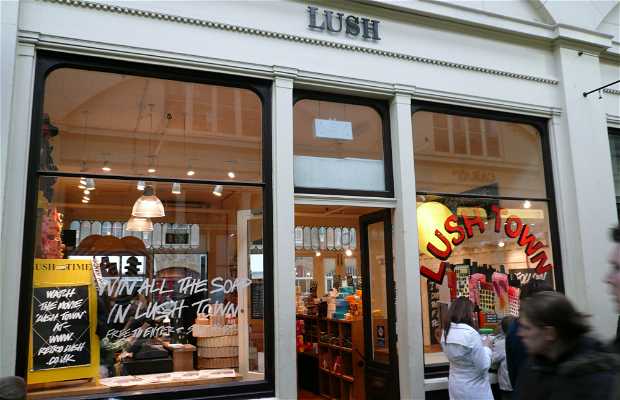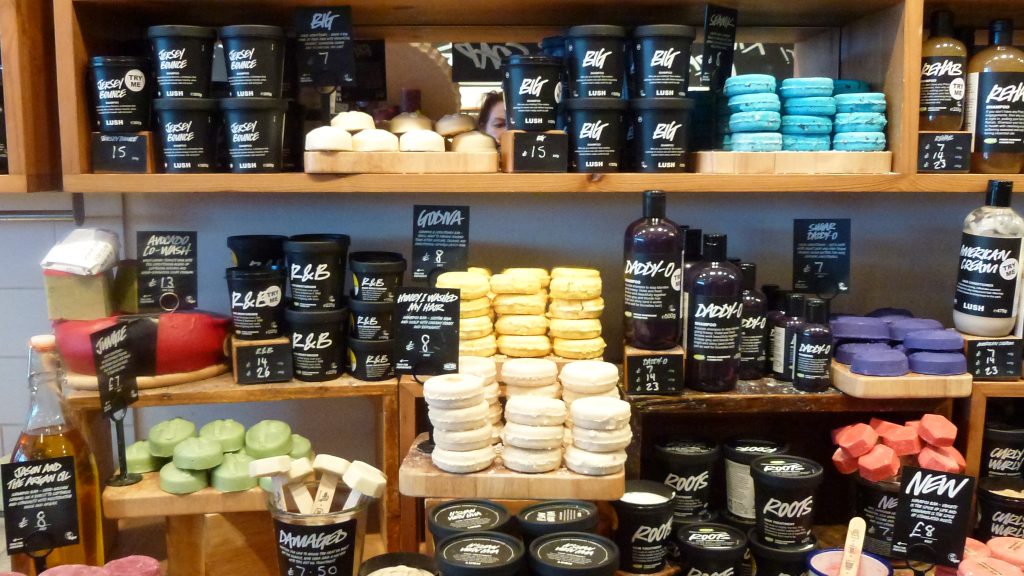2019 is a new era for fighting climate change. Recent headlines are telling us that we have 12 years to prevent the predicted climate change catastrophes. Alongside this, the UN reports that if the rate of waste production continues, by 2050 our oceans will carry more plastics than fish. These astonishing facts have instilled shock and promoted a new appetite for Green Consumerism.
Green Consumerism is a movement which allows consumers to take responsibility for their buying-power and address environmental issues through opting for more environmentally friendly solutions. Because of this, people are now beginning to ditch their ‘go-to’ beauty products for plastic-free, cruelty-free and more organic based products in the fight towards combatting our impact on the planet. Despite challenges, we are now living in a more conscious society, so the products available are growing and our journey towards Green Consumerism is flourishing. The appeal of non-toxic, sustainable ingredients and brands with missions to limit waste has grown, with more of us joining the fight against climate change. So, for those who have yet to start the journey or want to gain ideas, you probably want to know your options.
One global brand leading the way is Aveda; a botanical hair and skincare brand, with stores in London.
Another brand pioneering this change is Lush, a UK based company with stores in London.Their priority is held in packaging. This focus is important, with ‘Zero Waste Week’ statistics suggesting that the beauty sector alone contributes over 142 billion units of packaging per year, most ending up in landfill or in our oceans. Aveda, however, is making a change. They were the first beauty company to use 100% post-consumer recycled PET plastic and are now turning their eye to more eco-friendly options; bioplastics. This material has similar properties to plastic, however, is derived primarily from sugarcane rather than petrochemical-derived plastics, meaning it is more sustainable and better for the environment.
They have an unwavering commitment to sustainable packaging, claiming they save 3 million plastic bottles from landfill with their shampoo bars which last 3 times longer than an average liquid bottle. The shampoo bars are tiny too, taking up to 15 times less space than one bottle of liquid shampoo, meaning that transportation in lorries to stores nationwide produces less CO2 emissions. As a space saving size, it is also perfect for those who travel.
As for the product and ingredients within, this can be a little more challenging to get right. Most of us are more conscious about what we use, and so we are on the hunt for sustainable, toxic-free and organic products. However, the challenge comes with the ingredients being less stable and the difficulties changing them. Take Vitamin C for example, the popular skin revising ingredient used in a collection of cosmetic items, can destabilise, rendering it useless if it isn’t packaged properly. However, the new skincare brand, Privise, have found the solution. By adding two new vitamins to the product, Vitamin B5 and B3, they were able to stabilise Vitamin C and also create a 2-in-1 product, which has the added benefit of saving packaging throughout the supply chain. Unfortunately, Privise is a Scandinavian based company and ordering products online for UK shipping doesn’t seem wholly appealing for eco-warriors. Despite this, the development in altering the ingredients in products is essential for promoting environmentally friendly options and we hope that these initiatives become fostered in UK-based companies.
Independent companies are also trying their shot at eco beauty products. One such online-based company aiming to increase accessibility of eco beauty is http://www.realandnatural.co.uk.

They offer AVA Laboratories of Poland beauty products, alongside beauty care accessories, all of which are eco-certified. Their aim is to provide products that are locally and naturally sourced, protecting nature whilst utilising its’ benefits for the beauty industry. They also hope to aid the fight against climate change by promoting organic products with minimum environmental pollution.
Researching the options available to us takes time, and despite the growing market for products which promise waste reduction and better ingredients, the challenge of finding suitable items remains. My hope for the future is the continued development of beauty products which make plastic-free, cruelty-free and toxin-free living as accessible as the items we commonly see stocked in supermarkets and cosmetic stores today. There is hope for our planet and beauty industry, but only if we, as the consumers, promote the change




